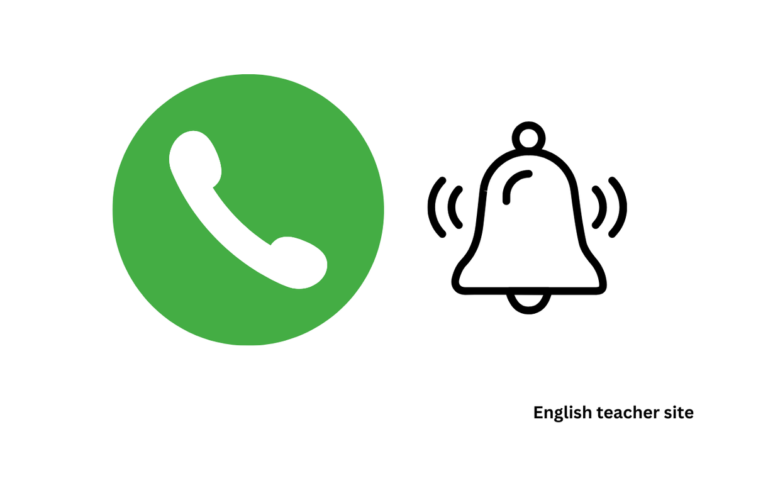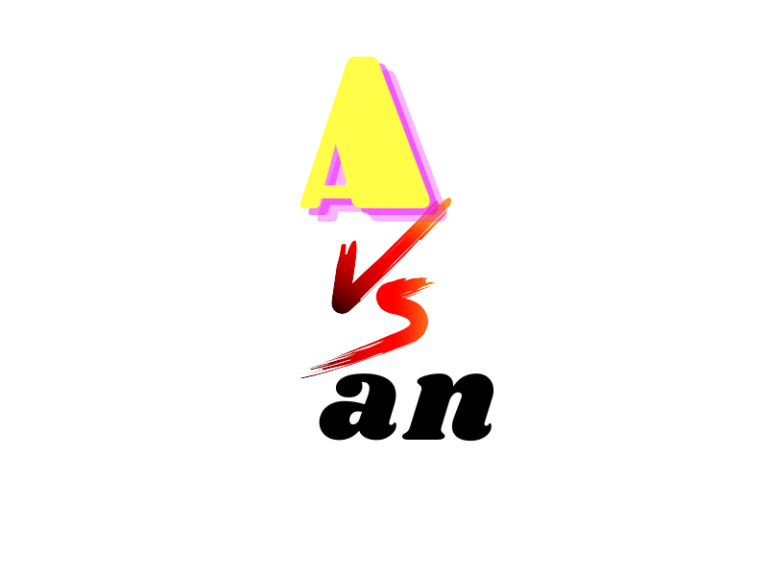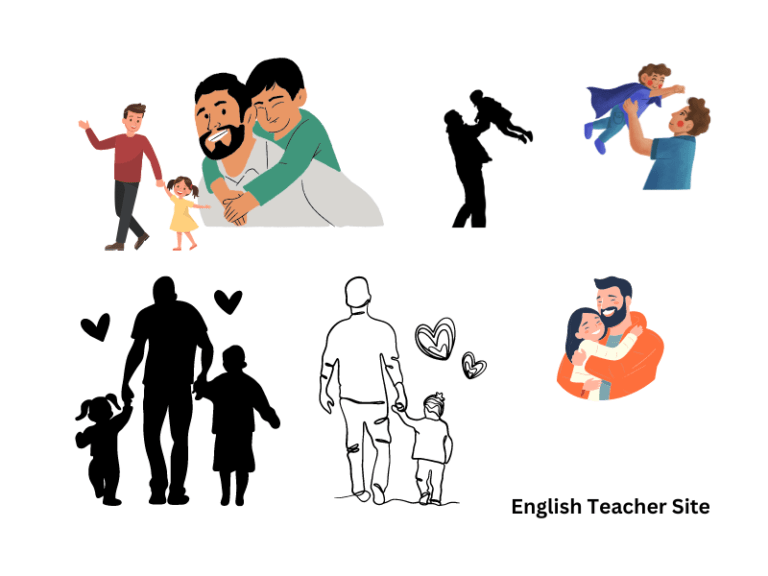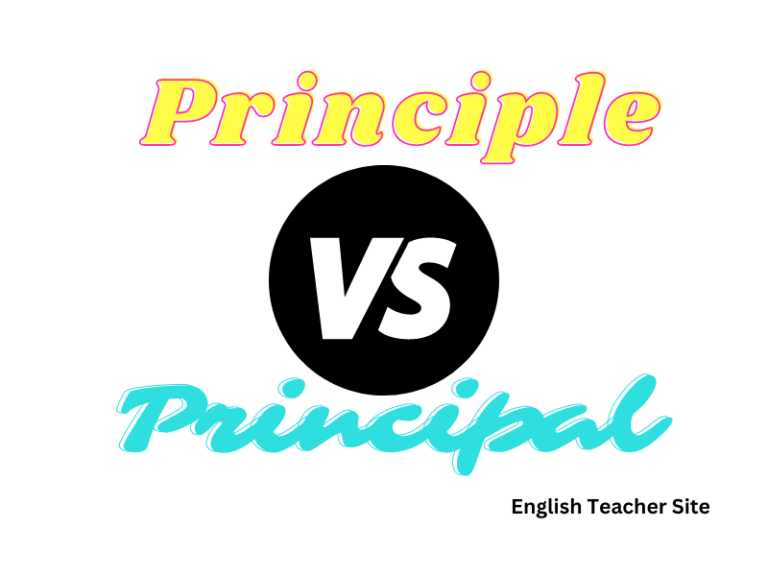Anytime vs Any Time: Which is Correct? How to Use Plus Examples
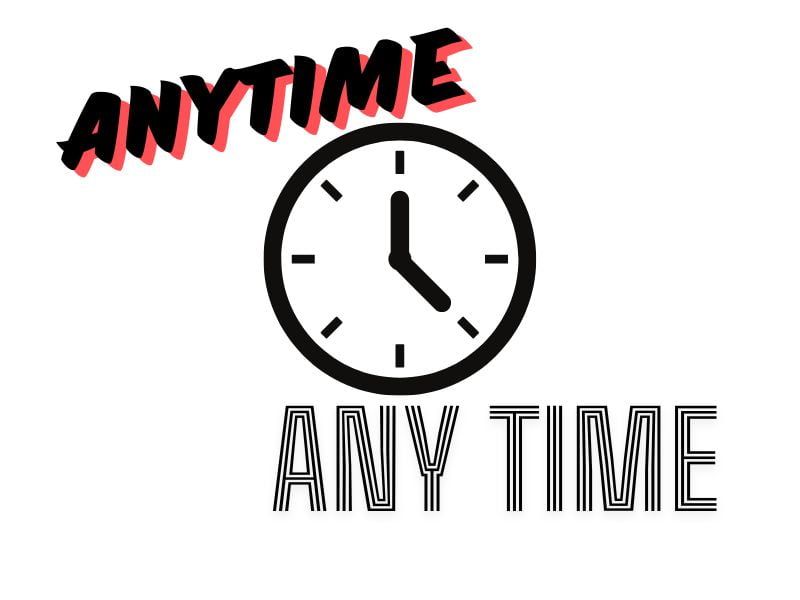
Anytime is an adverb that means “at any time,” while any time is a noun phrase that refers to a quantity of time. The one-word form anytime is commonly used informally, while any time is used in more formal writing.
Understanding Anytime vs Any Time
Both terms are often used interchangeably, but they have different meanings and usage in English grammar.
Definition and Usage of Anytime
“Anytime” is an adverb that means “at any time” or “whenever.” It is commonly used to describe an action that can happen at any time without restriction. For example, “You can call me anytime” means that the person can call at any time they wish. “Anytime” can also be used as a conjunction to connect two independent clauses, as in “I will visit you anytime you want me to.”
Definition and Usage of Any Time
“Any time” is a noun phrase that refers to a particular point in time or duration. It is commonly used to describe a specific time or date, as in “I will meet you at any time that suits you.” “Any time” can also be used as a prepositional phrase, as in “I am available for a meeting at any time.”
Comparing Anytime and Any Time
The main difference between “anytime” and “any time” is that “anytime” is an adverb, while “any time” is a noun phrase. “Anytime” refers to an unspecified time or duration, while “any time” refers to a specific time or duration.
Here are some examples to help clarify the difference:
- “You can call me anytime” (adverb)
- “I am available at any time” (noun phrase)
- “Anytime you need help, just let me know” (adverb)
- “I can meet you at any time that suits you” (noun phrase)
In conclusion, understanding the difference between “anytime” and “any time” is crucial for clear and concise communication in English. Ensure to use the correct term depending on the context to avoid confusion.
Practical Examples and Usage Tips
Anytime and any time are two commonly confused terms in the English language. Although they have the same meaning, there are certain situations where one is more appropriate than the other. Here are some practical examples and usage tips to help you use these terms correctly.
Examples of Anytime in Sentences
Anytime is an adverb that means “at any time” or “whenever.” It is used to describe an action that can happen at any time. Here are some examples of anytime used in sentences:
- You can call me anytime you need help.
- I can meet you anytime this week.
- Anytime you’re ready, we can start the meeting.
Examples of Any Time in Sentences
Any time is a noun phrase that refers to an indefinite amount of time. It is used to describe a period of time. Here are some examples of any time used in sentences:
- I can work on this project any time.
- You can come to my office any time during the day.
- Any time spent with family is precious.
Tips for Remembering the Difference
To remember the difference between anytime and any time, it is helpful to remember that anytime is an adverb that describes an action, while any time is a noun phrase that refers to a period of time. Here are some additional tips to help you remember:
- Anytime is always one word.
- Use anytime when you mean “at any time” or “whenever.”
- Use any time when you mean “an indefinite amount of time.”
Remembering these tips will help you use anytime and any time correctly in your writing and conversations.
Sources:
https://www.thoughtco.com/any-time-or-anytime-4165124
https://www.dictionary.com/e/anytime-vs-any-time/
My name is Khamis Maiouf. I am the creator of the English Teacher Site, dedicated to providing valuable resources and insights for students around the world. With a passion for education and a commitment to helping students enhance their skills, I aim to make English teaching more effective and enjoyable for both educators and students.

